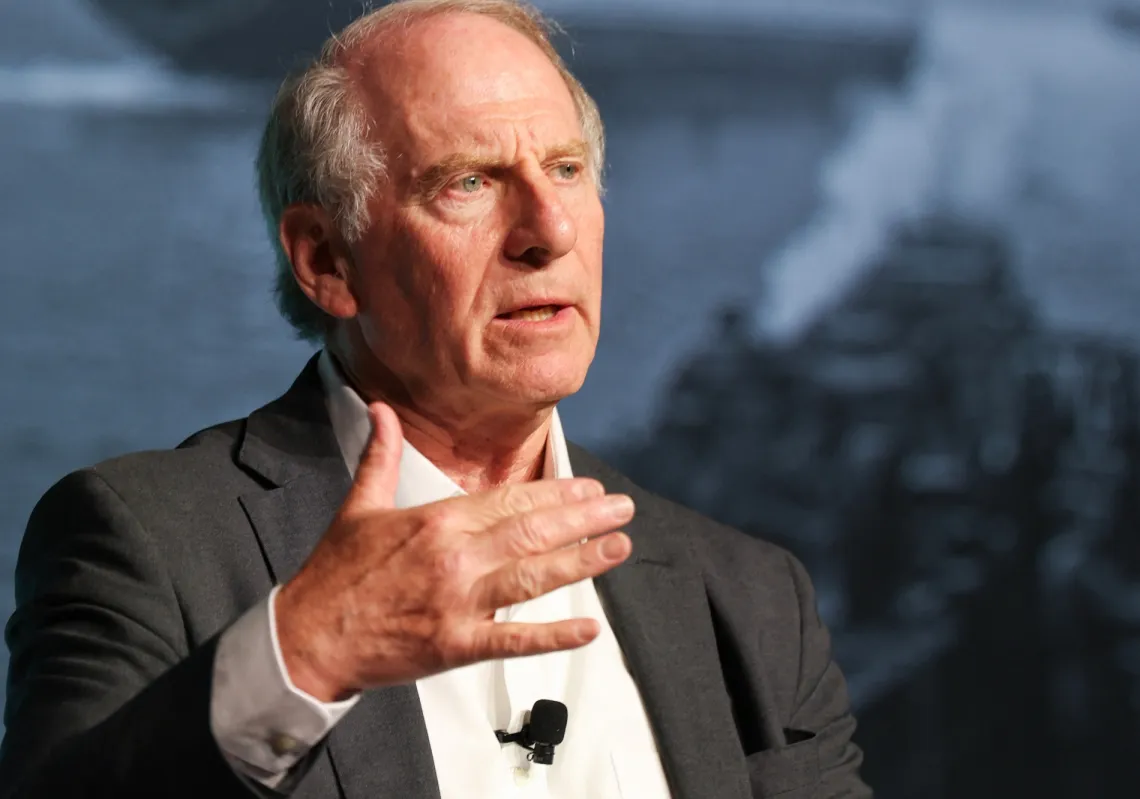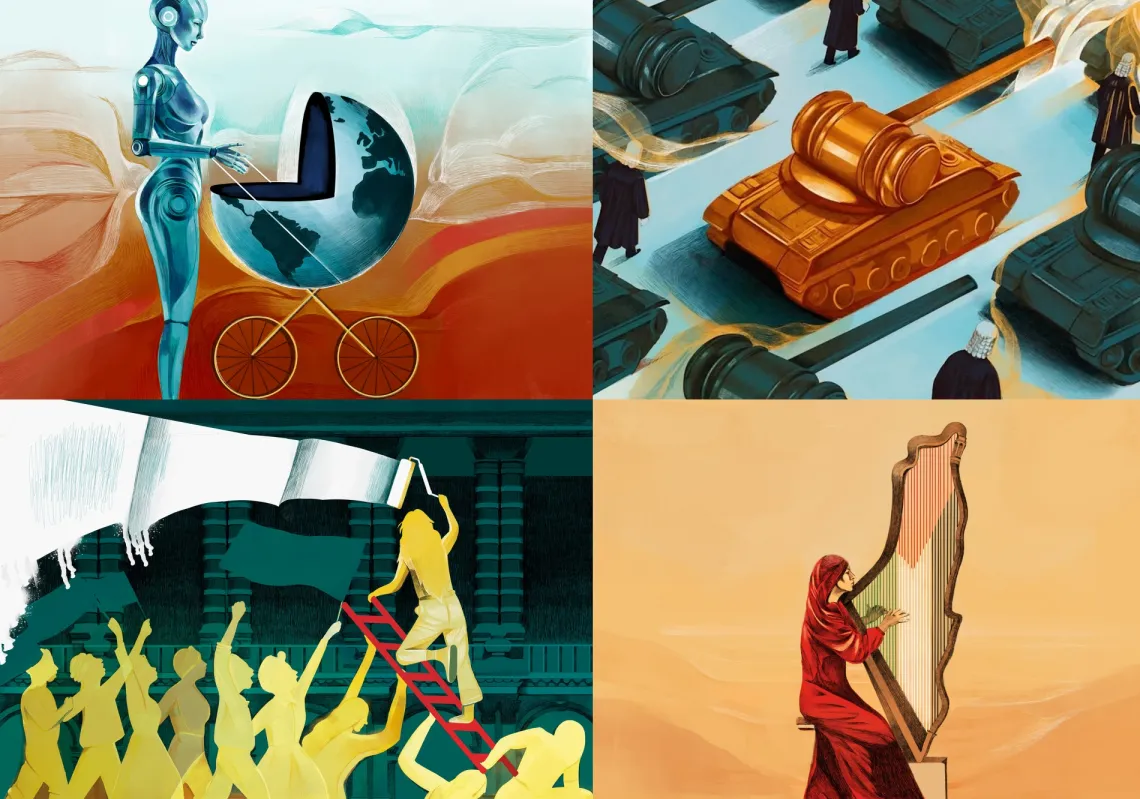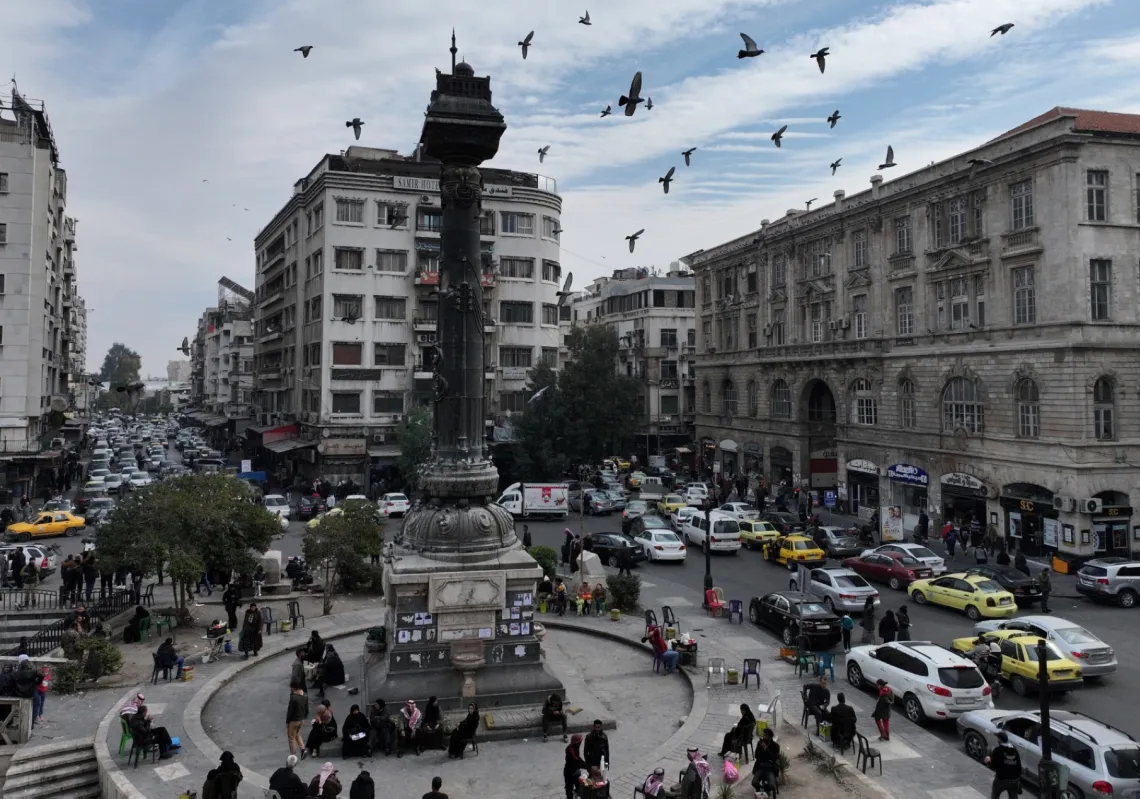 A Moroccan girl stands behind a window in her home. Source: FADEL SENNA/AFP/Getty Images[/caption]
A Moroccan girl stands behind a window in her home. Source: FADEL SENNA/AFP/Getty Images[/caption]
“You came here without any form of Hijab; damnation will follow you until you’re back home. Her house is the only place for a woman, you know!” These words were uttered in a village school in a remote and rural area of Morocco. Though shocking, the sentiment was not unusual. What surprised Nabila Mounib, the first female leader of a political party in the Kingdom, was that this was not a fanatical tirade from a banal, bearded bloke lacking inspiration and common sense—it was a condemnation pronounced by a schoolgirl in the prime of life, to whom she had just delivered a lecture that was designed to open minds.
Speaking to The Majalla, the Unified Socialist Party (USP) leader tries not to stigmatize those students—whom she calls “poor girls”—not only because there was a much happier sequel to the incident, but because she believes they are the victims of a “multiple-gear educational system.” A year later, she was invited back to deliver another lecture. This time, the audience was more welcoming. Better still, the girls were grateful for the books she brought with her as a gift.
But for a handful of positive responses, thousands of other young girls remain stubbornly attached to pious tradition. Mounib, a mother-of-three, wonders whether it is possible to find a wholesome solution to this awkward and problematic “equation.” A professor of endocrinology, she is an adamant, optimistic believer in human development as the only way to progress. While she admits that Morocco’s current school system could provide an opportunity for extremist indoctrination, she also believes that education serves as a rampart against ignorance and bigotry.
“Education should be a state affair promoting equality and quality for everyone, poor and rich, and providing a new generation of intellectual and moral tools to enhance their chance to become integrated and productive elements in the society,” claims Mounib, who laments the present state of Morocco’s education system. Since it was privatized in the mid-1990s, it has become nearly impossible for the poor to mingle with the rich and obtain a decent education.
The leftist leader launched her political career when she was a university student in Rabat in the early 1980s by joining the then-leftist National Union of Morocco’s Students. According to her, the most important education begins at school. An active member of several civil associations herself, Mounib believes that civil society and secular political parties are responsible for providing education to the masses in order to counteract what she terms “religious and Makhzen [the ancient feudalist state] indoctrination.”
But that is where the Moroccan political parties have failed to perform, she says. Mounib believes that they have helped to usher in “the opportunism of religious parties and movements.” She exonerates none of the leftist parties from this criticism, and suggests re-unification of all left parties and movements in order to stem “the Islamist tsunami and the Makhzen crisscross.”
Considering the upsurge in Islamic radicalization in the wake of the Arab Spring, this could be a matter of urgent importance. “If the secular and democratic parties keep shunning the youth and ignoring the people’s plea, no one could guarantee another Moroccan exception in the future,” worries Mounib. She alludes to the official narrative of 2011, which claimed that none of violence occurring in other Arab countries would affect Morocco. Later, the leader of one of the country’s most leftist parties tried to explain some of her own party’s misinterpreted stances when it encouraged the February 20 movement, a youth protest movement launched in the beginning of 2011. “My party is not violence prone, it is not a bunch of nihilistic anarchists, and, above all, it is not anti-monarchy,” she says.









